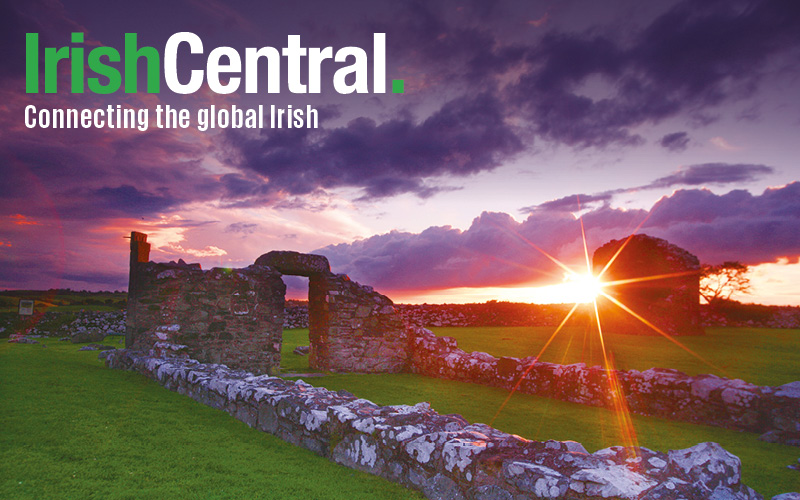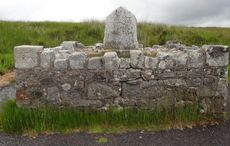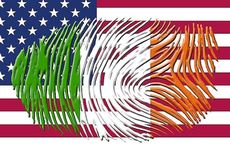| Archbishop John J. Myers (AP Photo/Mel Evans) |
Moran, however, now declares himself “a spiritual refugee,” who has “fled a million miles from the church.”
He, of course, is not the only one.
“One in three American adults was raised in a Catholic family, but fewer than one in four identify as Catholic today. No other church has shed so many followers, according to surveys by the Pew Charitable Trusts,” Moran writes.
This bit of soul-searching was prompted by a controversial letter written by Archbishop John J. Myers, the spiritual leader of the Newark Archdiocese.
Myers lengthy pastoral letter on marriage and family encouraged Catholics to vote a certain way in the upcoming presidential election.
“Catholic citizens must exercise their right to be heard in the public square by defending marriage,” Myers writes.
In short, Myers is placing gay marriage, as well as abortion, at the center of the 2012 election. He adds that Catholics who don’t share his views should probably not receive Holy Communion.
Moran and many like him are wondering why such a prominent religious figure would release such a highly-charged document on the eve of the closely-watched presidential debates, and just a month before this hard-fought election, in which religious values have played a central, often contentious, role.
It’s easy to say religion and politics don’t mix, and that Myers shouldn’t go about endorsing candidates, even though Myers never technically mentioned that Mitt Romney and Paul Ryan (who is Catholic) are members of a political party whose views match the Catholic Church’s. Democrats Barack Obama and Joe Biden (also Catholic) support abortion and gay marriage.
Trouble is, religion and politics have always mixed, like it or not.
“Dagger” John Hughes, the Irish immigrant who more or less built the New York Archdiocese, openly supported political candidates who joined him in his fight to rid New York’s schools of their deeply Protestant influences.
John Drina of Massachusetts was a Catholic priest who joined the anti-war movement and actually won a seat in congress in 1970. He was followed a few years later by Robert John Cornell of Wisconsin, a priest who served in Congress until 1978.
So, if you don’t like mixing religion and politics, that is your right, but it’s been happening for about as long as people have been mixing scotch and soda.
Perhaps the real interesting place to get some thoughts on the archbishop’s priorities is St. Anne’s school in Jersey City. Or Queen of Angels in Newark itself.
Those are two of eight schools in the Newark Archdiocese that were slated for closure in an announcement earlier this year. Yes, Catholic school closures are generally about budgets and finances.
But across the country, budgets and finances are in bad shape because so many Catholics are indeed
voting. But not at the ballot box.
Catholics, instead, are voting with their feet, by attending church fewer and fewer times. They are voting with their pocketbook, simply unable to pay the high cost of (an admittedly very fine)
Catholic education.
Are people fleeing the church solely because of abortion and gay rights? No, but most polls show the vast majority of American Catholics disagree with their leaders on these issues.
And while it is easy to say an institution such as the Catholic Church has little use for polls, it’s going way too far to suggest that the church is some timeless institution that never changes or responds to the political tone of the day.
Myers, for example, is a member of the Ad Hoc Committee on Sexual Abuse of the U.S. Conference of Catholic Bishops, a body which would probably not exist but for pressure created by victims.
Ultimately, it is perplexing why so many church leaders choose to make abortion and gay marriage the most pressing issue of the day, going so far as to suggest support for these issues precludes Catholics from participating in the sacraments.
Is this an institution that really wants to be closing its doors to anyone at this point?
Doing so may go over well with some on Election Day. But it only creates more and more spiritual refugees.
(Contact “Sidewalks” at tdeignan.blogspot.com or tomdeignan@earthlink.net)




Comments